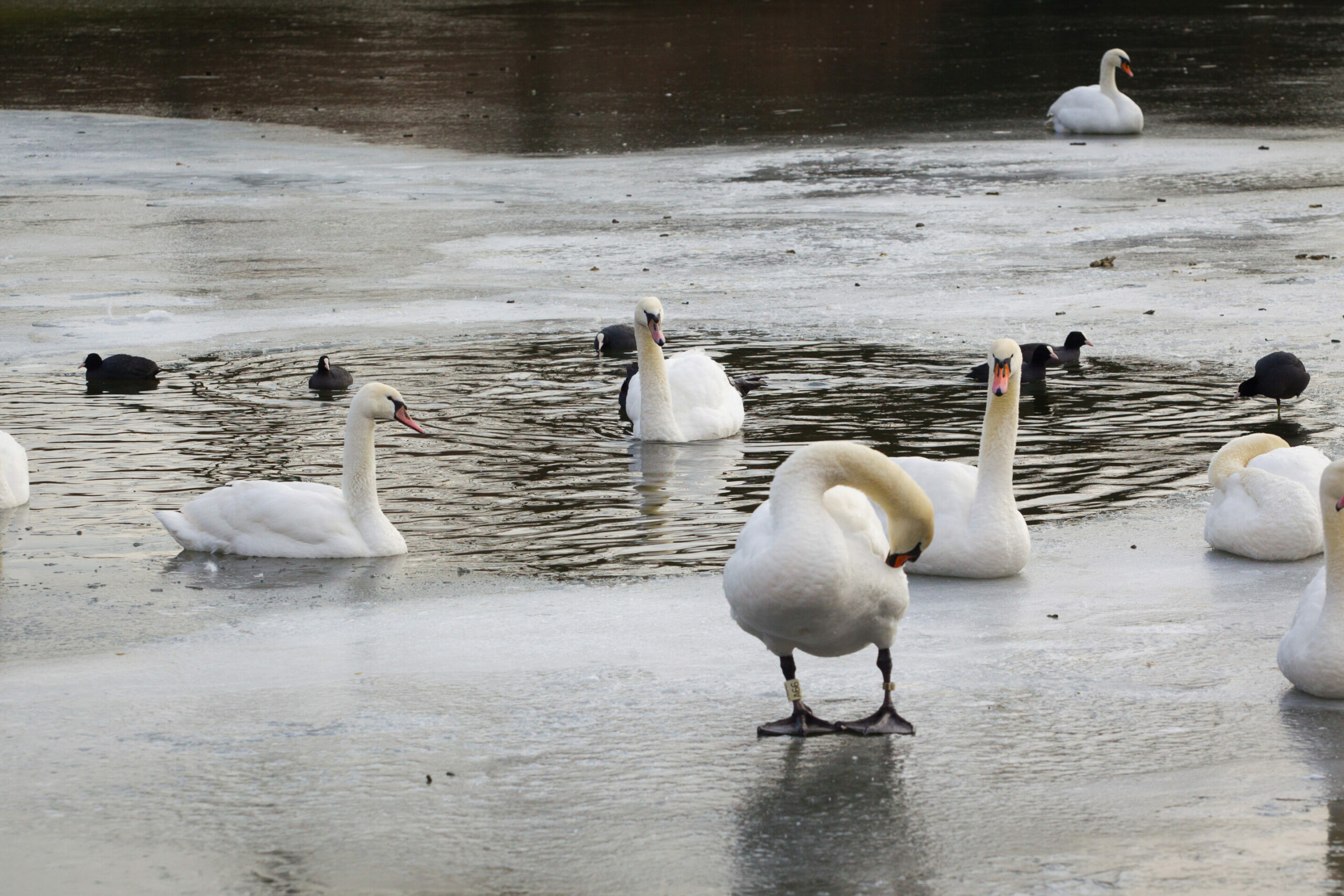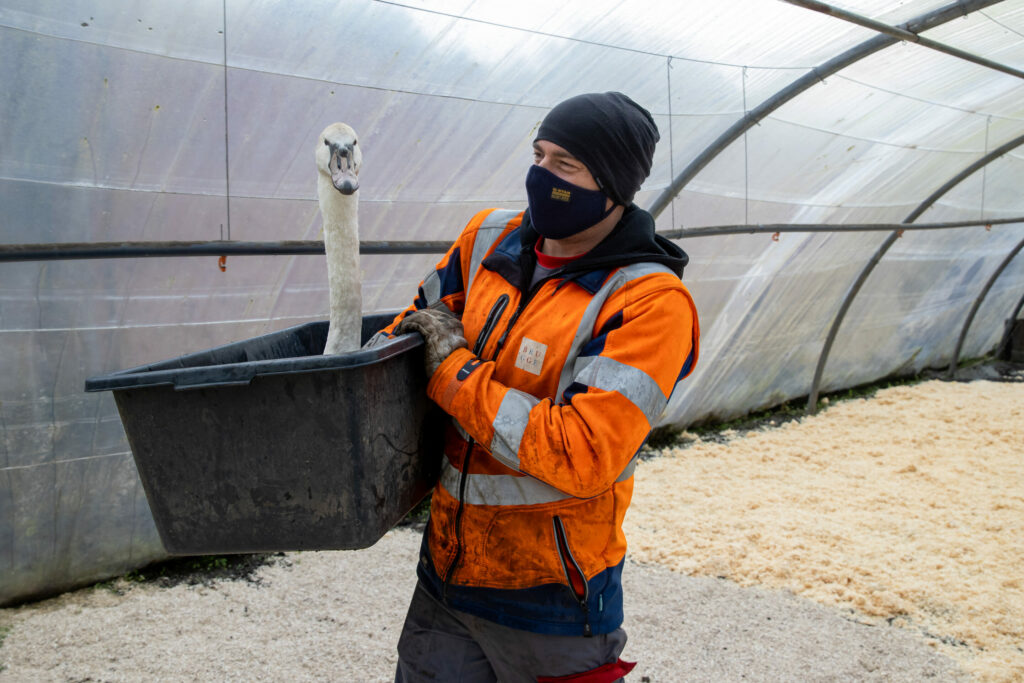Avian flu (also known as bird flu) is raising concerns among health officials in the United States, where several people have been infected with the virus. But how concerning is the situation in Belgium, and are we on the brink of a new pandemic?
The US has recorded 70 confirmed human cases of H5N1 avian influenza since 2024. In Belgium, the flu has not yet spread to humans, however, two cats became infected with the virus for the first time this week. They were outdoor cats living on a poultry farm.
"The situation is not yet a cause for concern in Belgium, so there is no need to panic," Professor Jeroen Dewulf, an epidemiologist at the UGent Faculty of Veterinary Medicine, told The Brussels Times. He explained that transmission to cats is not surprising. "This has happened in other countries too, and does not indicate a sudden change in the virus."
Unlike elsewhere, infections in Belgium are currently only linked to birds. While more outbreaks are expected (infections are often linked to bird migration, typically in the spring and autumn), the situation is under control for now.
Mutating virus
Nevertheless, Dewulf stressed that avian flu remains a highly dangerous virus and is "constantly adapting." In the US, the disease has been making headlines for months. It has infected cattle and is spreading rapidly via dairy farms. This not only poses a risk for people consuming raw milk products but also allows the virus to develop.
"Every time a new animal species is added to the list, a species barrier is overcome, adding an extra 'reservoir' [where new mutations can occur]," he said. "This is dangerous because this is how new mutants typically emerge."

For now, all infections have been traced back to birds. Credit: Belga / Bruno Fahy
It is difficult to predict how the virus will evolve, a typical characteristic of the influenza virus. "It is similar to seasonal flu. Every year, the virus is a little different because it is constantly evolving. People are vaccinated annually to be protected against the newest circulating strain."
He warned that the situation becomes problematic if the virus adapts to humans, which has happened in the US. At the start of this year, US health authorities confirmed an infected patient had died. The virus had mutated within the patient after infection, meaning it has adapted to infect humans.
"In Europe, things are not yet this bad. But what we are seeing happen in the US could just as easily happen here tomorrow."
A new pandemic?
This news comes exactly five years after the Covid-19 pandemic broke out, and may fill many people with dread. However, the situation here is less worrying than in the US.
"American scientists say they are being blocked in their efforts from all sides, making the situation a dangerous one. Fortunately, this is not the case in Europe, and hopefully it stays that way."
Furthermore, if a new variant of the bird flu virus emerges that adapts to humans, scientists can produce a vaccine relatively quickly. "Unlike with Covid-19, we are not starting from scratch; we already have a fair amount of knowledge."
Dewulf therefore does not expect another major pandemic, at least in Europe. "If we were as foolish as the US – ignoring and even shelving all the preventive measures – that is another matter. I am holding my breath a little for the US."
Eating chicken and protecting pets
Measures can be taken to avoid getting infected. There is currently no risk tied to eating cooked eggs or cooked chicken meat in Belgium. "Sick animals cannot be slaughtered and eggs from sick animals cannot enter the food chain. So it is safe to assume that these products do not pose a risk."
People are also advised to avoid contact with dead birds, as "people who become infected have always had fairly intensive contact with sick birds or dead birds who died as a result of the bird flu."
Related News
- Stricter rules and bird flu: Price of eggs skyrockets in Belgium
- Bird flu detected at poultry farm in Flanders
- US registers first death linked to bird flu infection
When faced with such a bird, call the free influenza line of the Federal Agency for the Safety of the Food Chain (FAVV) on 0800/99777. They usually send staff to clear away the carcass or sick bird. If doing so yourself, wear disposable gloves and a face mask (preferably an FFP2 face mask) and put the animal in a sealed plastic bag. People with weakened immune systems should never touch sick or dead birds.
Finally, pets should be kept away from dead or sick birds. Owners of cats or dogs with a high fever, red inflamed eyes, a runny nose or nervous symptoms should contact a vet.

